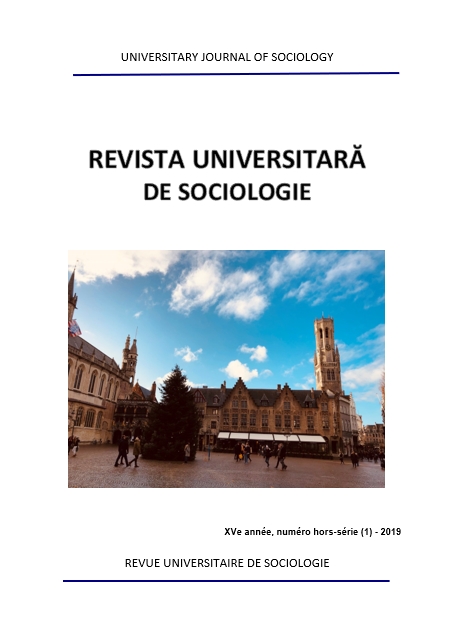Adaptation du système scolaire d’éducation en territoires plurilingues : l’instance académique Française face à la situation des enfants allophones scolarisés à l’école primaire
Adaptation of the school education system in multilingual territories: the French academic institution faced with the situation of allophone children attending primary school
Author(s): Michel DispagneSubject(s): Social Sciences, Education, Preschool education, School education, Higher Education , State/Government and Education, Sociology of Education
Published by: Ediktura Beladi
Keywords: education; learning; plurilingual territory; speakers in the mother tongue; identity;
Summary/Abstract: The article addresses an educational situation experienced by the actors of the education system and schoolchildren in French Guiana. They do not have French as their first language. They are allophones or the language of schooling is French. Teachers are Francophones and do not have mastery of the students' mother tongue. How to adapt teaching in these schools without rejecting mother tongue and French? Academic bodies have gone through a new educational policy, through the use of bilingual speakers in mother tongues and in French. The educational reality being complex, the reflection will progress in a heuristic approach to take the measure of the academic and territorial context subjected to an incessant and important migratory flow. The approach is based on a legal, legislative, experiential and theoretical framework. Some authors, practitioners and theorists have been summoned: Bruner, Piantoni, Meirieu, Heyer, Gauchet, and even more. Surveys were conducted with speakers in the mother tongue. As a result, the reality of the new learning mode in academy schools is in progress. There is a real taking into account of the identity of the students and a familiarization with the French language in the apprenticeships. The pair of teachers and speakers in the mother tongue is a device that works. The surveys reveal that despite the Master-Class system to professionalize them, the ILM do not perceive themselves as sufficiently autonomous for their mission. This reflection reinforced the idea that the reality of the territory remains a complex reality.
Journal: Revista Universitară de Sociologie
- Issue Year: XV/2019
- Issue No: 1(HorsSer)
- Page Range: 38-49
- Page Count: 12
- Language: French

